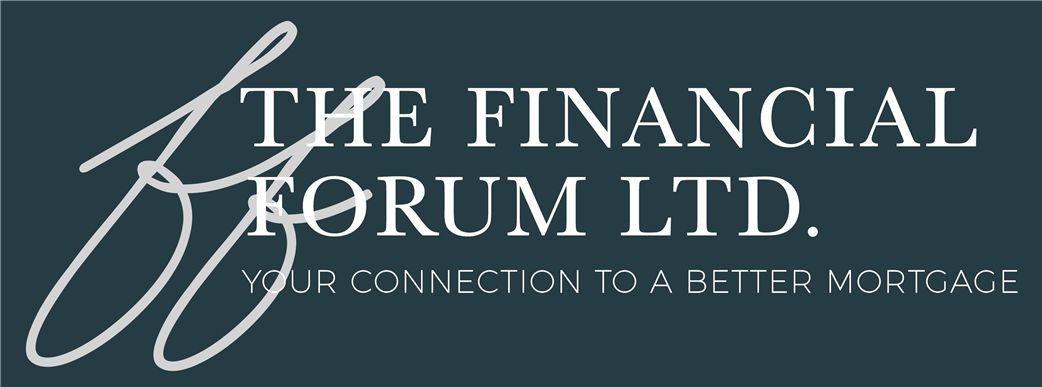
Lou Salvino
Inspection Expectations
6/26/2013

Most homebuyers understand the importance of having a home inspection performed on any property they're considering. Fewer understand just what should - and should not - be expected of the inspection and inspector. Here's some clarification.
During the inspection, the property should be examined top to bottom, including its doors, windows, stairs, walls, floors, ceilings, plumbing and electrical systems, heating and cooling systems, as well as the building's foundation and roof, among other things.
Once the examination is complete, the inspector should provide you with a written report detailing the property's strengths and weaknesses. You should expect to be informed of what steps must be taken to correct any problems uncovered, what priority to assign them, the size of the repair costs, and what repair alternatives might be available to you.
What the home inspector won't do is examine any areas that aren't readily visible or immediately accessible, nor will they move or destroy anything in order to do so: know that there is always a risk of concealed problems.
Should their inspection reveal any defects, a home inspector won't - or at least shouldn't - offer to repair the problem for a fee, as this would be a conflict of interest. Don't expect a home instructor to tell you whether you should purchase the property or how much you should pay for it, either.
A home inspection is a means of assessing the physical condition of a property. It is not a means of appraising a property's value or guaranteeing that local building codes have been complied with. Lastly, a home inspection is an opinion and not a guarantee that future failures won't occur.




























